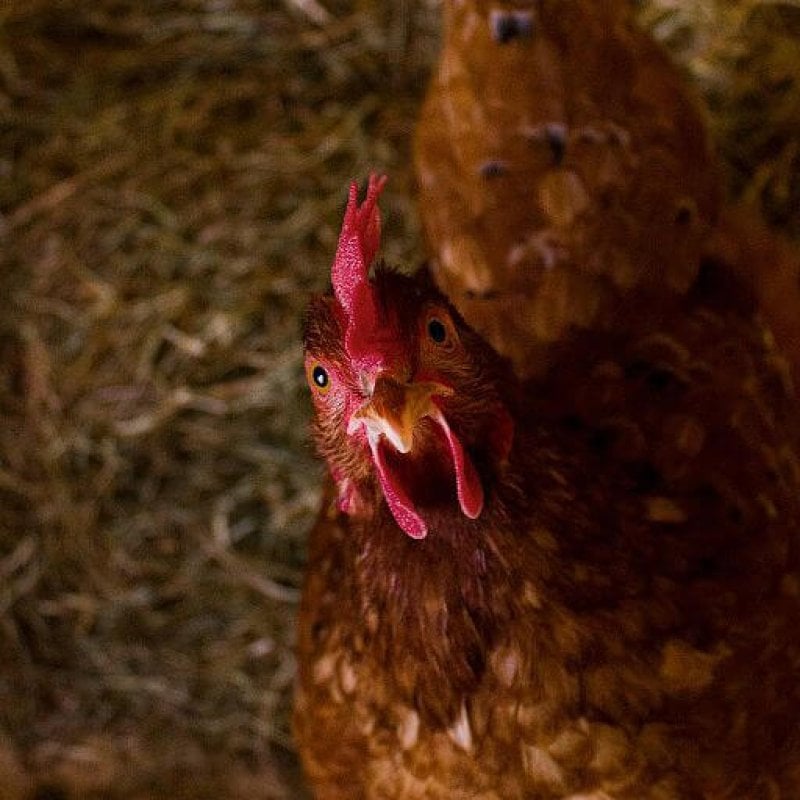Researchers have genetically modified chickens that can lay eggs that contain drugs for arthritis and some cancers. The drugs are 100 times cheaper to produce when laid than when manufactured in factories. The researchers believe that in time production can be scaled up to produce medicines in commercial quantities.
…
“Production from chickens can cost anywhere from 10 to 100 times less than the factories. So hopefully we’ll be looking at at least 10 times lower overall manufacturing cost” said [Dr Lissa Herron, of Roslin Technologies in Edinburgh].
…
Many diseases are caused because the body does not naturally produce enough of a certain chemical or protein. Such diseases can be controlled with drugs that contain the deficient protein. These drugs are synthetically produced by pharmaceutical companies and can be very expensive to manufacture.
Dr Herron and her colleagues managed to reduce the costs by inserting a human gene – which normally produces the protein in humans – into the part of the chickens’ DNA involved with producing the white in the chickens’ eggs.
…
Professor Helen Sang, of the University of Edinburgh’s Roslin Institute, said: “We are not yet producing medicines for people, but this study shows that chickens are commercially viable for producing proteins suitable for drug discovery studies and other applications in biotechnology.”
Read full, original article: The GM chickens that lay eggs with anti-cancer drugs































